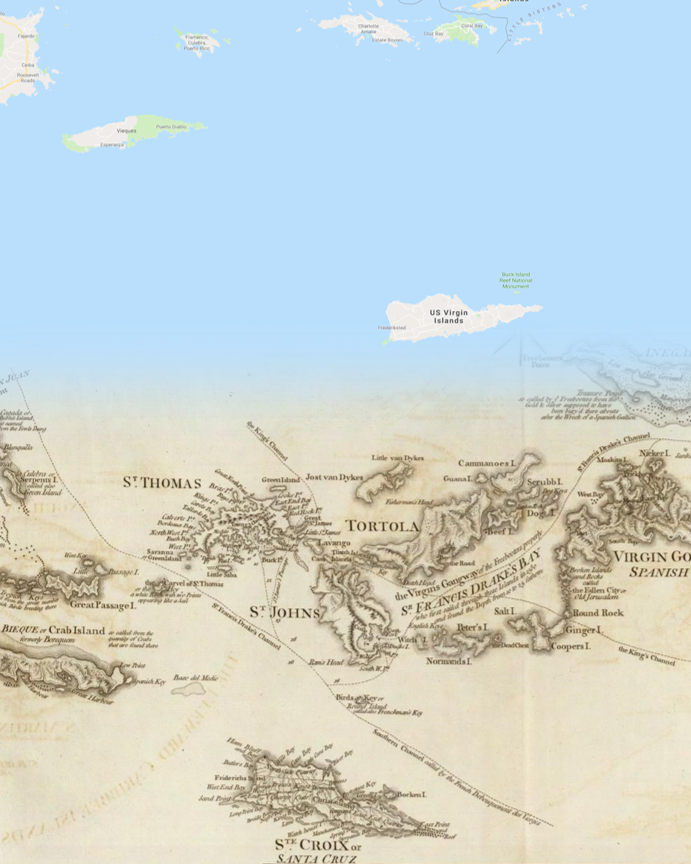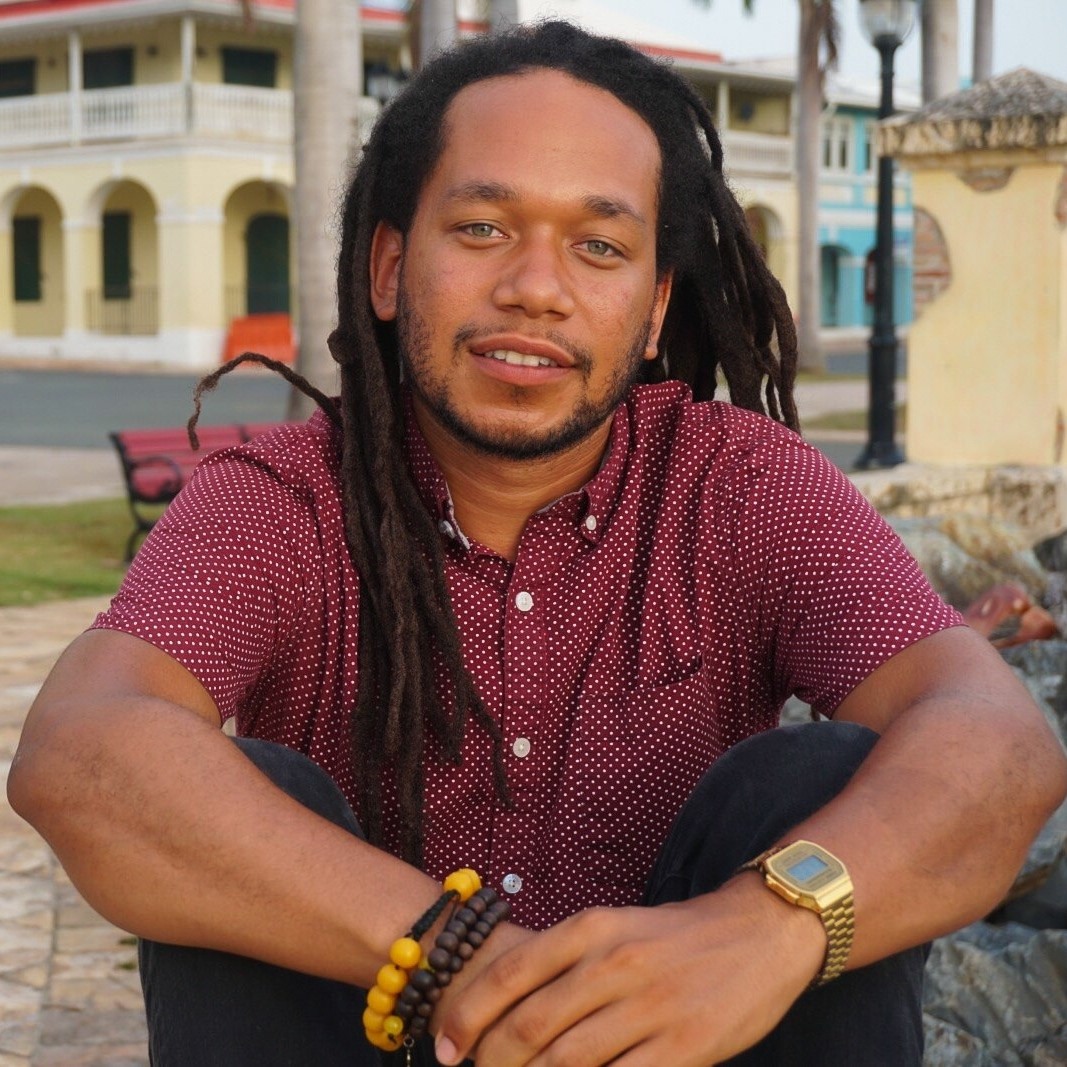A Historical Ecology of Slavery in the Danish West Indies

In the transatlantic slave trade era – marked by chattel slavery, racial capitalism, and exploitative plantation economies – radically transformed societies and environments in the Americas. In this talk, I attempt to craft a historical ecology of the African Diaspora through an analysis of slavery in the Danish West Indies. Drawing from an array of archaeological, historical and environmental data, I argue that the development of plantation slavery elicited lasting ecological changes as colonial planters developed exploitative monocrop agricultural systems and enslaved Africans made a life in the Caribbean. Theoretically, I use a Black Geographic lens to interrogate the relationship between African diasporic communities and their Atlantic environments. Finally, I posit the need to engage questions of sustainability as a form of redress in contemporary archaeological praxis.
 Dr. Justin Dunnavant is an Academic Pathways Postdoctoral Fellow at Vanderbilt University’s Spatial Analysis Research Laboratory. His current work in the US Virgin Islands investigates the relationship between ecology and enslavement in the former Danish West Indies. In addition to his archaeological research, Justin is co-founder and President of the Society of Black Archaeologists, an AAUS Scientific SCUBA Diver, and consults for the Smithsonian’s National Museum of African American History and Culture.
Dr. Justin Dunnavant is an Academic Pathways Postdoctoral Fellow at Vanderbilt University’s Spatial Analysis Research Laboratory. His current work in the US Virgin Islands investigates the relationship between ecology and enslavement in the former Danish West Indies. In addition to his archaeological research, Justin is co-founder and President of the Society of Black Archaeologists, an AAUS Scientific SCUBA Diver, and consults for the Smithsonian’s National Museum of African American History and Culture.

